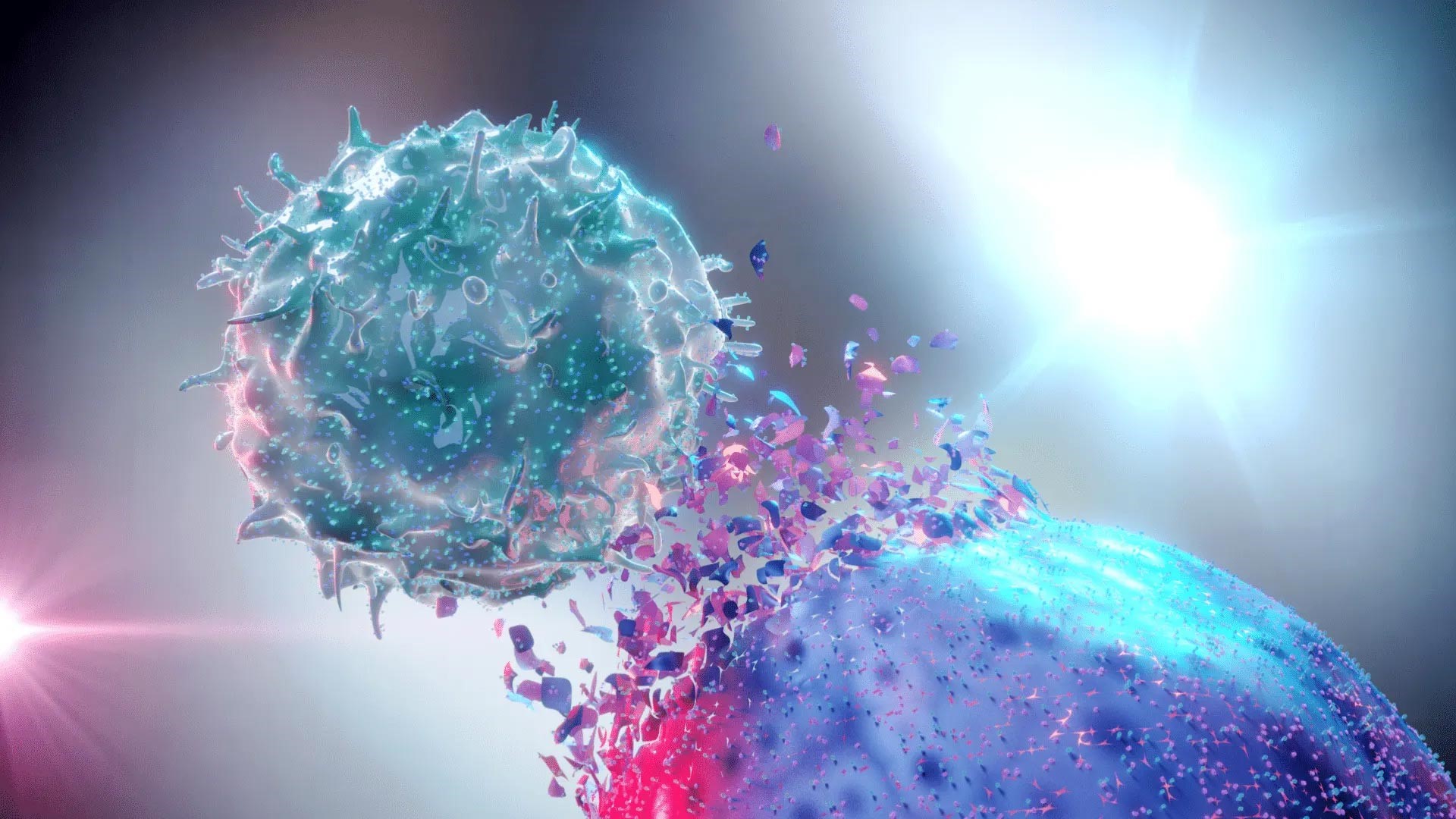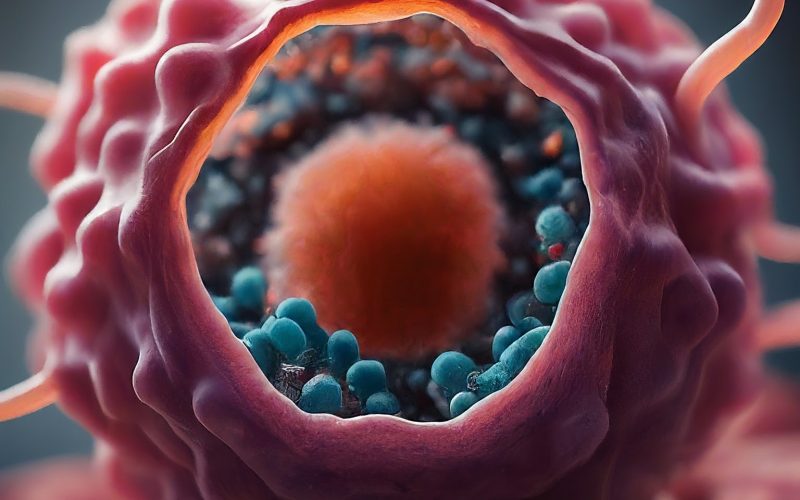Immune System Innovations: Using the Body’s Delivery System
The human immune system is a marvel of biological engineering, designed to protect the body from a multitude of pathogens and diseases. Recent advancements in medical science have begun to leverage this natural defense mechanism in innovative ways, using the body’s delivery system to enhance therapeutic outcomes. This article delves into the latest immune system innovations, exploring how harnessing the body’s own delivery mechanisms can revolutionize healthcare.
The Immune System: A Brief Overview
The immune system is a complex network of cells, tissues, and organs that work in concert to defend the body against harmful invaders. It is composed of two main subsystems: the innate immune system, which provides immediate, non-specific defense, and the adaptive immune system, which offers a targeted and long-lasting response. Key players in this intricate system include white blood cells, antibodies, and various signaling molecules.
Leveraging the Body’s Delivery System
One of the most promising areas of research in immunotherapy involves using the body’s own delivery system to enhance the efficacy and precision of treatments. This approach can be categorized into several key innovations:
1. Nanoparticle-Based Drug Delivery
Nanoparticles have emerged as a powerful tool for targeted drug delivery. These tiny particles can be engineered to carry therapeutic agents directly to specific cells or tissues, minimizing side effects and improving treatment efficacy. In the context of the immune system, nanoparticles can be designed to deliver drugs that modulate immune responses, such as anti-inflammatory agents or cancer immunotherapies.
For example, researchers have developed nanoparticles that can deliver antigens to dendritic cells, a type of immune cell that plays a crucial role in initiating immune responses. By targeting dendritic cells, these nanoparticles can enhance the body’s ability to recognize and attack cancer cells, leading to more effective immunotherapies.
2. Cell-Based Therapies
Cell-based therapies involve the use of living cells to treat diseases. One of the most well-known examples is CAR-T cell therapy, which involves genetically modifying a patient’s T cells to express chimeric antigen receptors (CARs) that can recognize and attack cancer cells. This approach has shown remarkable success in treating certain types of blood cancers.
Beyond CAR-T cells, researchers are exploring other cell-based therapies that leverage the body’s delivery system. For instance, mesenchymal stem cells (MSCs) have been investigated for their potential to deliver therapeutic agents to sites of inflammation or injury. MSCs can home to damaged tissues, where they can secrete anti-inflammatory and regenerative factors, promoting healing and modulating immune responses.

3. Biologic Drug Delivery
Biologic drugs, such as monoclonal antibodies and cytokines, have revolutionized the treatment of various diseases, including autoimmune disorders and cancers. However, delivering these large and complex molecules to their target sites can be challenging. Innovations in biologic drug delivery aim to overcome these challenges by leveraging the body’s natural delivery mechanisms.
One approach involves the use of Fc fusion proteins, which combine the therapeutic activity of a biologic drug with the Fc region of an antibody. The Fc region can interact with receptors on immune cells, facilitating the targeted delivery of the therapeutic agent. This strategy has been employed to enhance the delivery of cytokines, such as interleukin-2 (IL-2), to immune cells, boosting their anti-tumor activity.
4. Microbiome Modulation
The human microbiome, consisting of trillions of microorganisms residing in the gut and other tissues, plays a critical role in regulating immune responses. Recent research has highlighted the potential of microbiome modulation as a therapeutic strategy. By altering the composition of the microbiome, it is possible to influence immune function and improve disease outcomes.
Probiotics, prebiotics, and fecal microbiota transplantation (FMT) are some of the approaches being explored to modulate the microbiome. These interventions can enhance the body’s delivery system by promoting the growth of beneficial microbes that support immune health. For example, certain probiotic strains have been shown to enhance the efficacy of cancer immunotherapies by boosting the activity of immune cells.
5. Vaccine Delivery Systems
Vaccines are one of the most effective tools for preventing infectious diseases. Recent innovations in vaccine delivery systems aim to improve their efficacy and accessibility. One such innovation is the development of mRNA vaccines, which use messenger RNA to instruct cells to produce a specific antigen, eliciting an immune response.
mRNA vaccines can be delivered using lipid nanoparticles, which protect the fragile mRNA molecules and facilitate their uptake by cells. This delivery system has been instrumental in the rapid development of COVID-19 vaccines, demonstrating the potential of mRNA technology to revolutionize vaccine development.
Challenges and Future Directions
While these innovations hold great promise, several challenges remain. Ensuring the safety and efficacy of new delivery systems is paramount, as is understanding the long-term effects of manipulating the immune system. Additionally, the complexity of the immune system necessitates a personalized approach, as individual responses to therapies can vary widely.
Future research will likely focus on refining these delivery systems, improving their specificity and minimizing potential side effects. Advances in genomics, proteomics, and bioinformatics will also play a crucial role in identifying new targets and optimizing therapeutic strategies.
Conclusion
Harnessing the body’s delivery system represents a paradigm shift in the field of immunotherapy. By leveraging the natural mechanisms of the immune system, researchers are developing innovative treatments that are more targeted, effective, and safer. As these technologies continue to evolve, they hold the potential to transform the landscape of healthcare, offering new hope for patients with a wide range of diseases.










